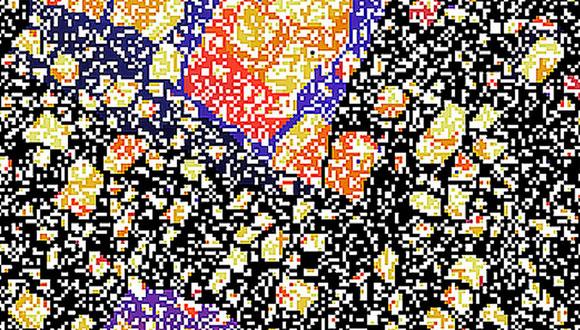Biological & Soft Matter Seminar: Growth-laws for unicellular organisms from ribosome biogenesis
Dr. Sarah Kostinski, TAU
Zoom: https://us02web.zoom.us/j/88904888353?pwd=dDIwaXRxSjlsVElkR0dXdTNPTGhnZz09
Abstract:
Ribosomes generate all proteins in a cell, including their own ribosomal proteins. Previous work on bacteria showed that ribosomal protein production imposes a bound on cellular growth rates, since cell doubling requires a commensurate doubling of ribosomes. However, ribosomes are made not only of protein, but also of ribosomal RNA (rRNA). We obtain a new speed limit on cell growth which originates in the generation of ribosomal RNA [1]. A comparison with E. coli data reveals that the bacterial ribosome's 1:2 protein-to-RNA mass ratio uniquely maximizes cellular growth rates as permitted by both bounds. This observation leads to a growth-law involving RNA polymerases, and an invariant of bacterial growth. Similar arguments for Eukarya lead to several new growth-laws [2]. Despite the greater complexity of that domain of life, the predictions are consistent thus far with available data for the model organism S. cerevisiae.
References:
[1] S. Kostinski and S. Reuveni, "Ribosome composition maximizes cellular growth rates in E. coli," Phys. Rev. Lett. 125, 028103 (2020).
[2] S. Kostinski and S. Reuveni, "Growth-laws and invariants from ribosome biogenesis in lower Eukarya," arXiv:2008.11697 (2020).


